Bentley’s debut electric vehicle, due in 2025, will be one of the first cars to use a new cutting-edge Audi-developed luxury car platform – and it will spearhead a series of radical new models that will expand Bentley’s range into new market segments.
The Crewe manufacturer, owned by the Volkswagen Group, has committed to offering only battery-electric vehicles (BEVs) from 2030 onwards and it plans to meet that deadline by rolling out a family of new EVs in the second half of this decade.
The first EV will take the form of a high-riding saloon. It will be based on a bespoke VW Group architecture, which is being developed by Project Artemis, an Audi-led initiative to develop an advanced EV platform.
Bentley EVs to target new sectors of the market
Bentley bosses are not expecting a major leap in battery technology any time soon so the firm’s first electric models will be designed to match the range and weight limitations of current systems with Bentley’s luxury positioning. The result will be models that differ significantly from Bentley’s current line-up.
Bentley chairman Adrian Hallmark told Autocar the firm has yet to decide if future electric models would take on the nameplate and lineage of existing combustion-engined models. But he added: “Our position is to look at customers and segments. As well as moving to electric, we’re going to adapt our product range because the world is changing.

“We want to appeal to more women and be more relevant in future urban environments which are very much different to today, and we want to appeal to modern luxury values which are different to ones from 20 years ago. We’ve already moved with the times but the times will change again in the next 10 to 15 years.
“Our product format, size and naming need to fit the product character and strategy based around customers and where we see those segments going. We love our current names. Maybe they’ll continue. But we’ll always follow customers, segments and values and find a name that fits.”
Although Hallmark said Bentley doesn’t foresee a “step change” in BEV technology, he suggested continuous improvements will help the firm to meet its range targets. From 2026 onwards, all new Bentley models will be either fully electric or plug-in hybrid, with the latter allowing existing models to continue.
“By 2025, we’re predicting 110kWh to 120kWh batteries will be available, which starts to put bigger cars in a position where you can get 400-500km [250-310 miles] range,” said Hallmark. “You need 150kWh-plus to get a full-size SUV to have the equivalent performance of a combustion-engined vehicle, which is why hybrids are so important in playing a part for bigger vehicles in the next five to 10 years.

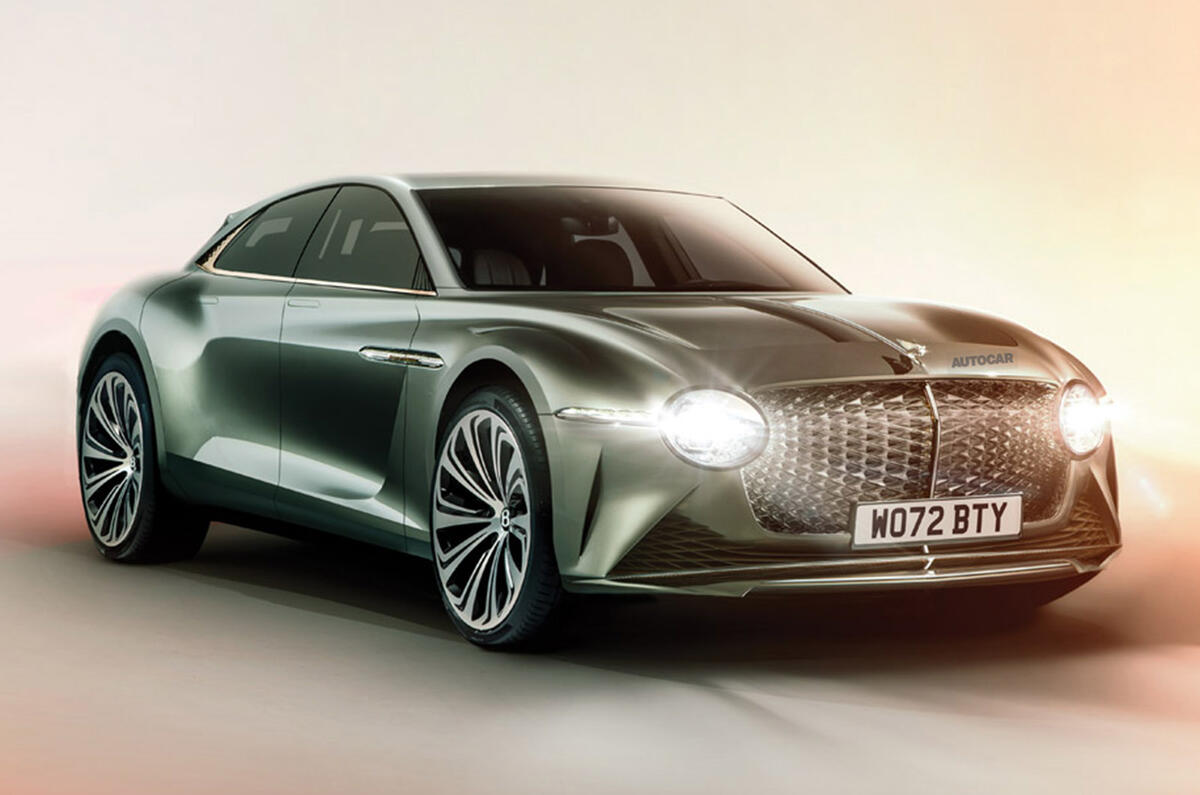
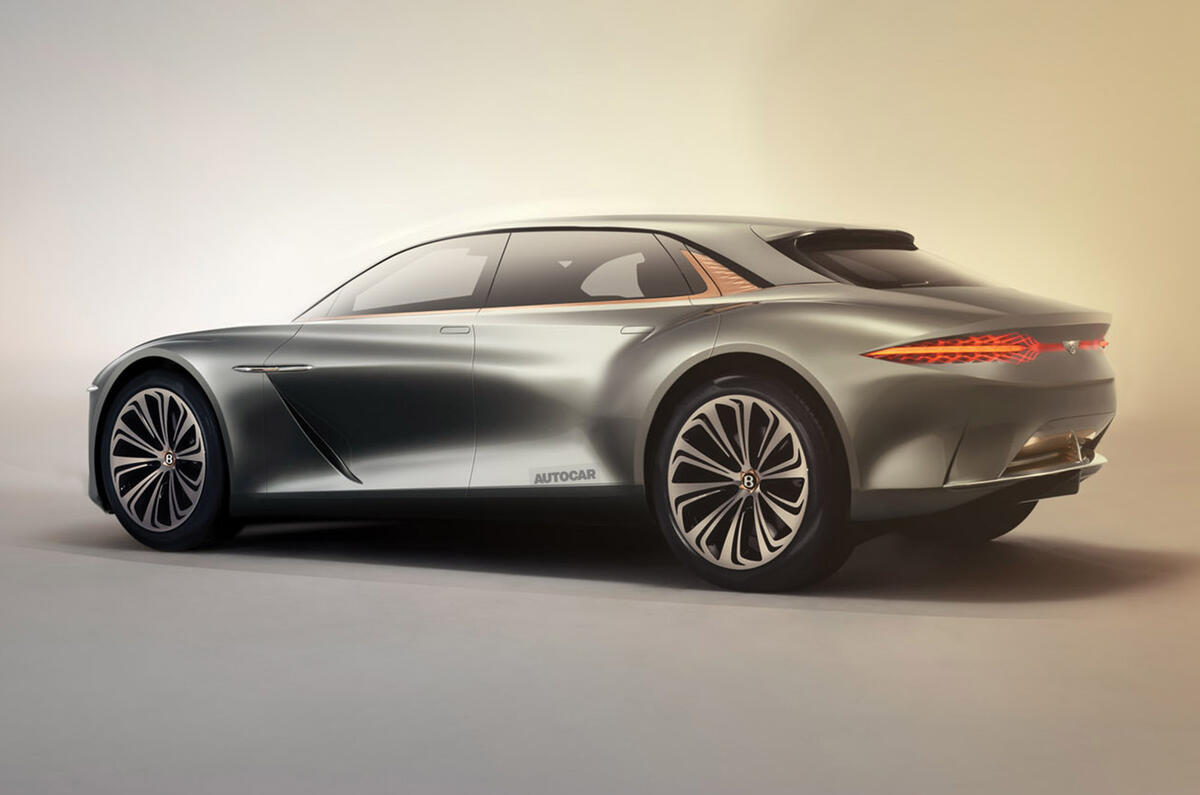

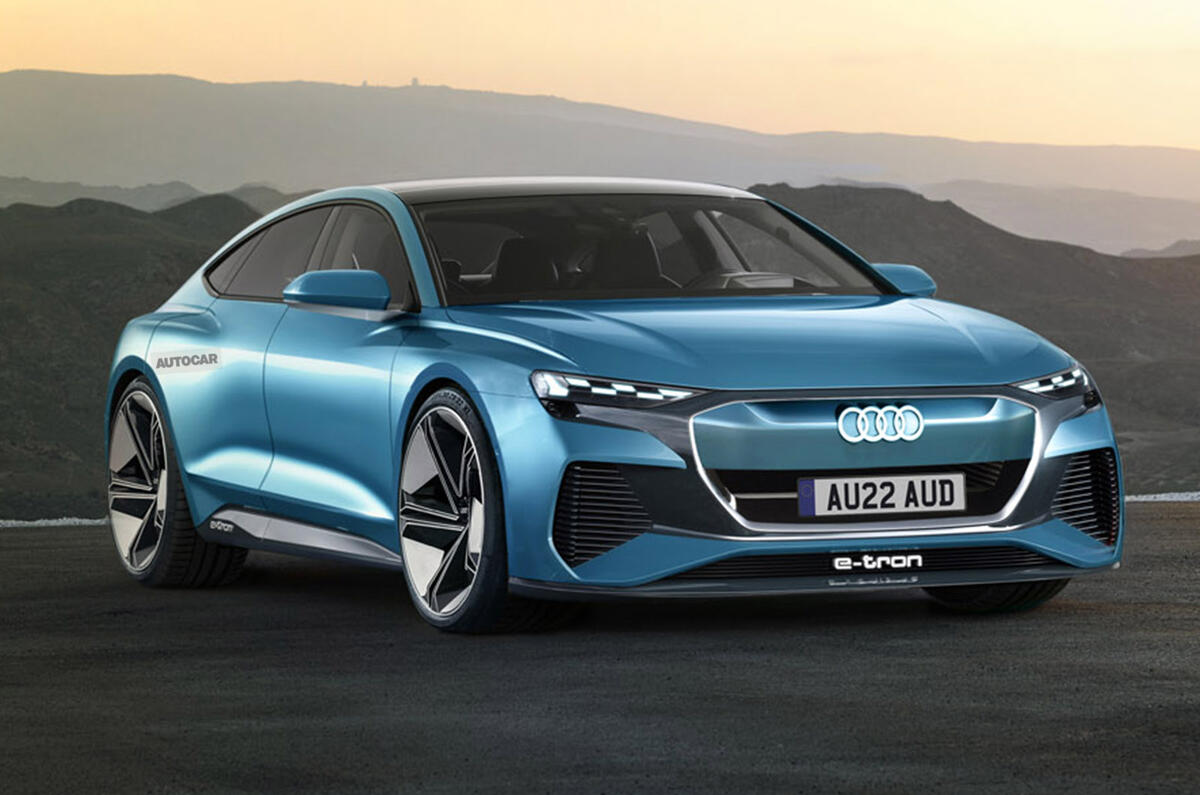
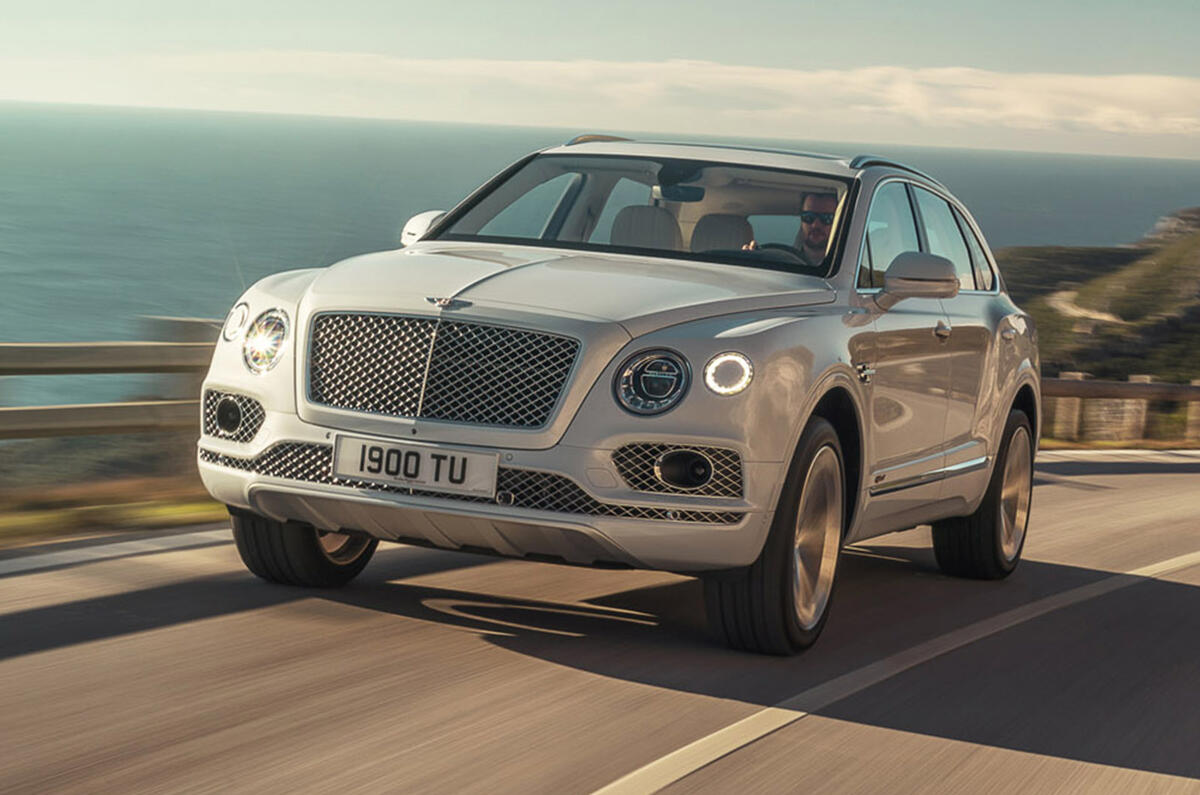
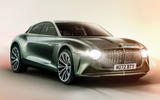
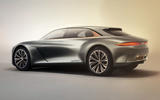

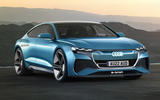
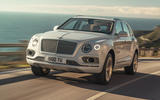

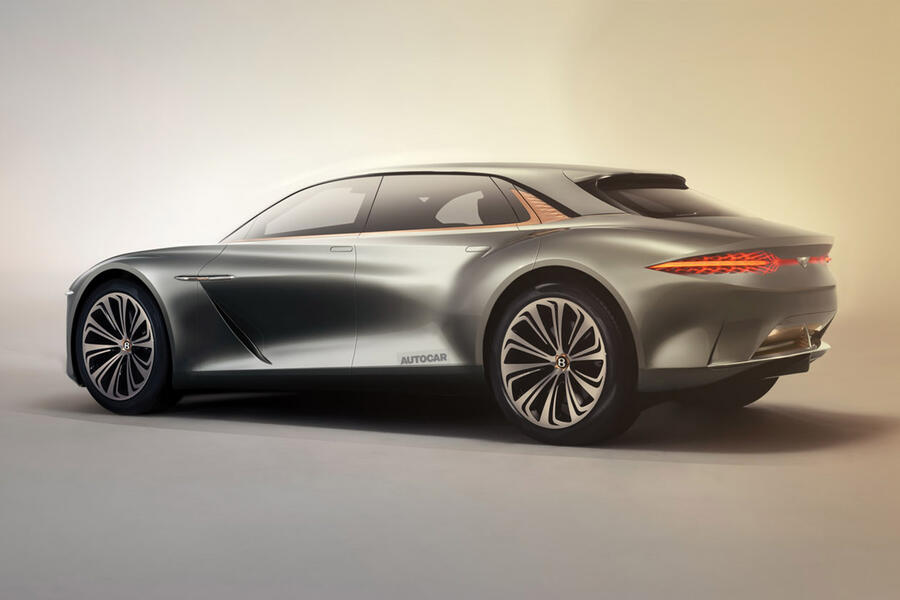






Join the debate
Add your comment
Hilarious. That's a lot of money for a VW.
Bentley should never indulge in 'dramatic surfacing' - Autocar's designer needs a knee-capping
“By 2025, we’re predicting 110kWh to 120kWh batteries will be available, which starts to put bigger cars in a position where you can get 400-500km [250-310 miles] range,”
Do they not know about the Lucid Air? It has 517miles of range with a 113kWh battery
"You need 150kWh-plus to get a full-size SUV to have the equivalent performance of a combustion-engined vehicle, which is why hybrids are so important in playing a part for bigger vehicles in the next five to 10 years."
You can reserve a 400 mile range full-size Rivian SUV with a 180kWh battery today for delivery next year, but you will need to wait until 2030 to buy a Bentley SUV you can drive to the city centre?
The VW CEO seems to be all in on EVs, but not everyone in the company looks to be on board.
Lucid air dont make a car at the moment, only predictions since it was announced in 2016. Theres also no Rivian suv only promises. Besides who want to drive a straight 500 miles without stopping for 30 minutes, 300 miles with a recharge time of 30 mins is plenty for 99.9 percent of the market
Totally agree about there being no need for 500 miles of range, its just for bragging rights.
As for Ririan and Lucid, they are both well funded with fully developed vehicles and are currently in the process of setting up manufacturing in their factories.
But, even if these vehicles do not materialise, the range numbers quoted by the Bentley Chairman are bested by the Tesla Model S and Model X even today.
Tesla started all this stuff. Amazing
Your right, but as seen with the Porsche Taycan and the Audi e-tron GT, matching Tesla on range is not and easy nut to crack. If Rivian and Lucid have found ways to meet and/or exceed Tesla on those points and do so consistently in the real world, way to go, but not everyone is there yet. It might be better to speak in public about modest range, while in private be working to rang out as much range as they can get from their batteries. I wouldn't be surprised if they are waiting for the products from Lucid and Rivian to hit the market, so that they can break them down and see what they can do to improve their products with efficiency! All that said, I appreciate their honesty in admitting that they are still going to do more with ICE, but are now taking BEV's seriously and not treating them as an after thought! That they are on the ground floor with their other brands, so that they can produce a BEV that started life as an actual Bentley.
The Tesla range is very similar in real life when you compare the Model X and the Audi or Jag. Tesla fanboys driving at 56mph in the iside lane just to prove longer range may get better figures, but the reality is that electric drivetrains all have very similar efficiency ratings and you cannot get something for nothing. You are not going to get 400 miles of range from a Tesla model X being driven normally.
Complete BS. Give me 500 miles and I'll buy an EV tommorrow. My diesel does 600 miles on a tank, allowing me to drive to Preston and back without stopping at p**** poor inflated services